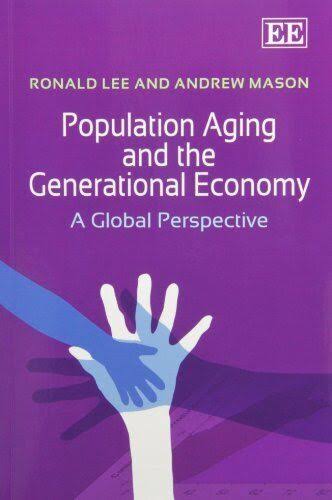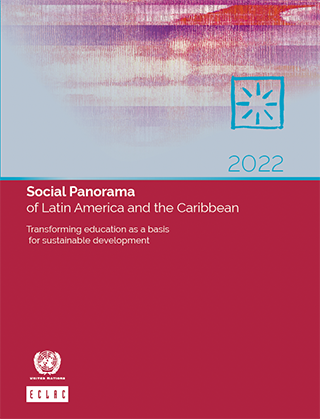Population Aging and the Generational Economy: A Global Perspective
By Ronald Lee & Andrew Mason Over coming decades, changes in population age structure will have profound implications for the macroeconomy, influencing economic growth, generational equity, human capital, saving and investment, and the sustainability of public and private transfer systems. How the future unfolds will depend on key actors in the generational economy: governments, families, financial institutions, and others. This path-breaking book provides a comprehensive analysis of the macroeconomic effects of changes in population age structure across the globe. The result...










